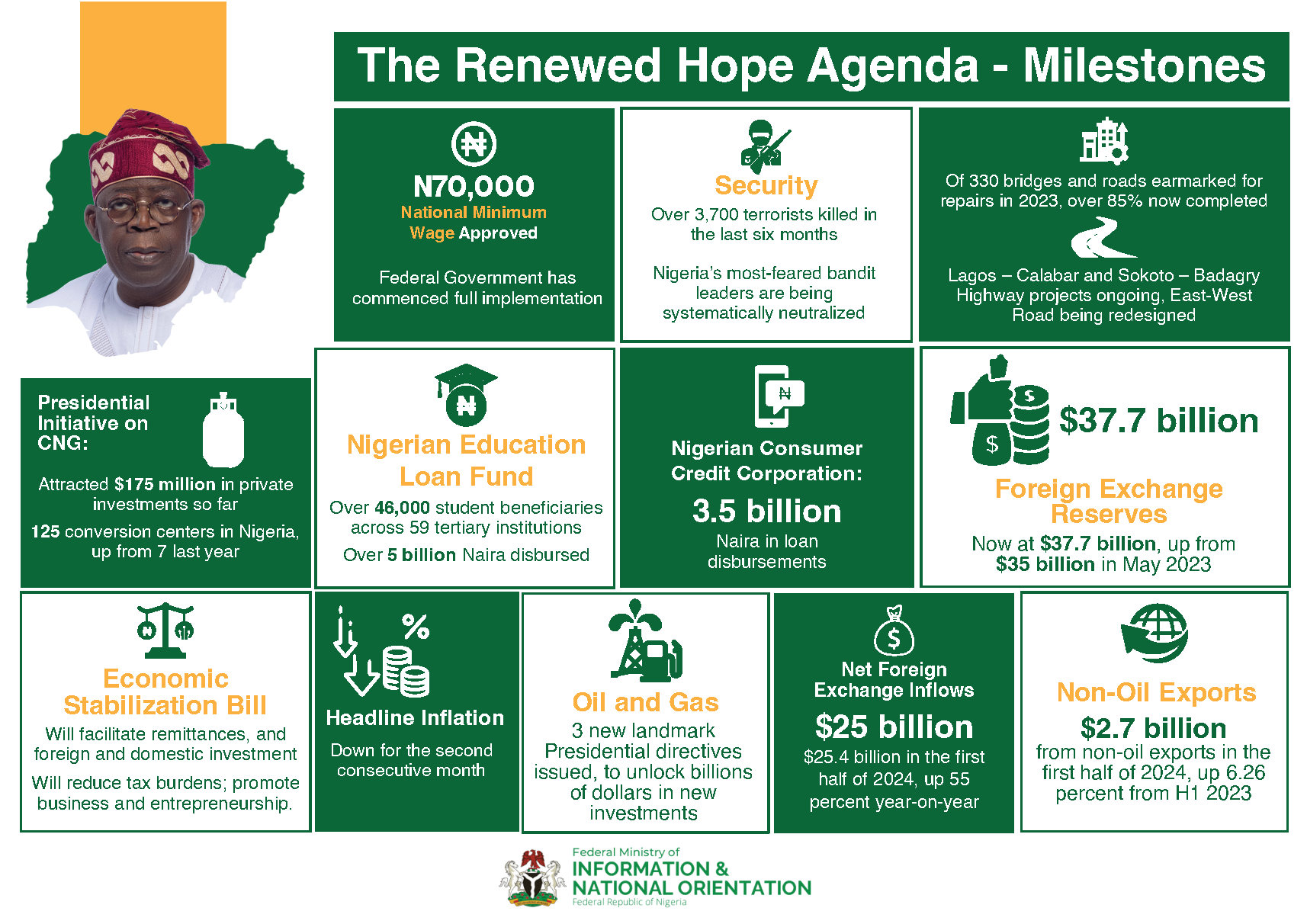By Omoh Giwa
I grew up in a world where good and evil were not confusing concepts. Life was like a black-and-white television set: simple, clear, and moral. My mother, a teacher whose voice carried the authority of both wisdom and chalk dust, taught me that the key to success was dedication, hard work, and discipline. She repeated it as though it were scripture: “Honesty is the best policy,” “A good name is better than riches,” “The patient dog eats the fattest bone.” I didn’t always understand the proverbs and aphorisms, but I trusted her rhythm of conviction that suggested life, when lived rightly, rewarded the upright. She lives by those rules and expects the same from everyone around her.
But no one told me that the world could spin backwards. That one day, right and wrong would swap seats and the world would clap. It was quite simple then: good people worked hard, bad people were punished and though life was tough, it made moral sense. But somewhere along the line, the moral compass began to stutter. We began to rationalize corruption, romanticize crime and rename vice as hustle.
I first noticed it when people started defending internet fraudsters. They said the scammers were taking back what colonialism stole from us. They said it was reparations. They said, “At least they are not armed robbers.” What does a lonely widow in Colorado have to do with Lord Lugard? Yet we cheered as boys who barely finished secondary school bought Benzes and built houses their parents could not afford after thirty-five years of civil service. We said, “Na God run am.” “Small girl, Big God.”
The news of the presidential pardon hit me in places I didn’t think could hurt. This was not just another headline; it was confirmation that the world my mother prepared me for no longer exists. Over 175 individuals were granted presidential clemency and more than thirty of them were convicted for drug-related crimes. Thrown into this mix were the names of honourable men like the Ogoni Nine and Mamman Vatsa, men who, whatever their histories, symbolised sacrifice and conviction. But what shook me was the quiet inclusion of those convicted for trafficking drugs, those who had poisoned communities and destroyed families.
I cannot reconcile it. How do we raise children to believe in moral integrity when the state itself gives medals for misconduct? What do we tell the diligent student who toils through school believing that virtue will one day pay? That patience is no longer a virtue, only a delay in opportunity? That the law is elastic, bending only for those who can afford its flexibility?
It is not the pardon itself that hurts; it is the symbolism. When the highest office in the land extends forgiveness to convicted criminals, it is not just a political gesture. It is a moral statement. It says crime has prestige. It says the system rewards audacity, not honesty. It says the line between the street dealer and the state official is merely a matter of vocabulary. And perhaps that is what frightens me most.
We no longer call things what they are. Corruption now identifies as connection, deceit as sharpness, immorality as survival. Even crime now comes with its own PR. When we see young girls living lavishly off prostitution, we used to call them slay queens; now they are “baddies” not victims or culprits. When politicians steal, we call them “big men.” In a society where moral language has lost its bite, the rot does not just spread; it becomes fashionable.
My mom used to say that “integrity is the only inheritance that does not depreciate.” Yet here we are, in a country where decency depreciates faster than the naira, where crime pays better than virtue, where students sell votes to the same leaders who stole their future, where church pulpits are rented for political absolution, where the system no longer distinguishes between sinners and saints, only between the caught and the cunning.
It is not lost on me that the president who granted this pardon once battled accusations of drug-related offences himself, allegations that have followed him across decades, continents and courtrooms. And perhaps that is why this act stings more deeply. It feels less like mercy and more like solidarity, a brotherhood of the blemished, washing one another clean in the name of political grace.
It seems moral decay is not an event but a process; slow, seductive, and systemic. We watched our leaders bend the rules and then we learned to do the same in our small corners. We began to admire their boldness, to equate impunity with intelligence. We clapped for thieves because they shared crumbs. We envied fraudsters because they flaunted comfort. We told ourselves that everyone was corrupt anyway, so why not join the queue?
But deep down, some of us still ache. We ache for the simplicity of truth, for the reassurance that honesty is not foolishness. We ache for mothers like mine, who believed in the moral architecture of society and raised us to be pillars within it. We ache because the world they built has collapsed and we are forced to live among the ruins, pretending it is progress.
Every time I see another scandal go unpunished, another criminal celebrated, another official glorified, I feel a piece of my mother’s teaching crumble inside me. I hear her voice saying, “You must work hard.” But I want to ask, “To what end?” How do we explain that the gatekeepers have joined the thieves? That the government now shakes hands with criminals and calls it justice?
When the president pardons those convicted for pushing drugs, kidnapping and murder, he does more than release prisoners. He imprisons morality. He tells a generation that ethics are optional, that the law can be edited, that crime is a phase one can outgrow. And the saddest part is that no one is shocked anymore. We are too used to the smell of decay to notice the stench.
Maybe the world hasn’t just spun backwards. Maybe it has stopped spinning altogether, trapped in a cycle where evil learns to dress in moral clothing. But I realise that my mother was not wrong, she simply does not belong here. This is now a world where morality is mocked as naivety.
Still, I will cling to her teaching, to the dying echo of a generation that believed character mattered. Because if we stop believing that, if we surrender completely to this rot, then we are not just morally lost; we are spiritually extinct. And no presidential pardon can save a nation that has already absolved itself of shame.
Giwa writes from the Department of English, University of Lagos.
Dear readers, we really need your support to keep on serving you with authoritative, truthful, and juicy stories everyday. For your support, please reach out to the editor @gavelinternational66@gmail.com


